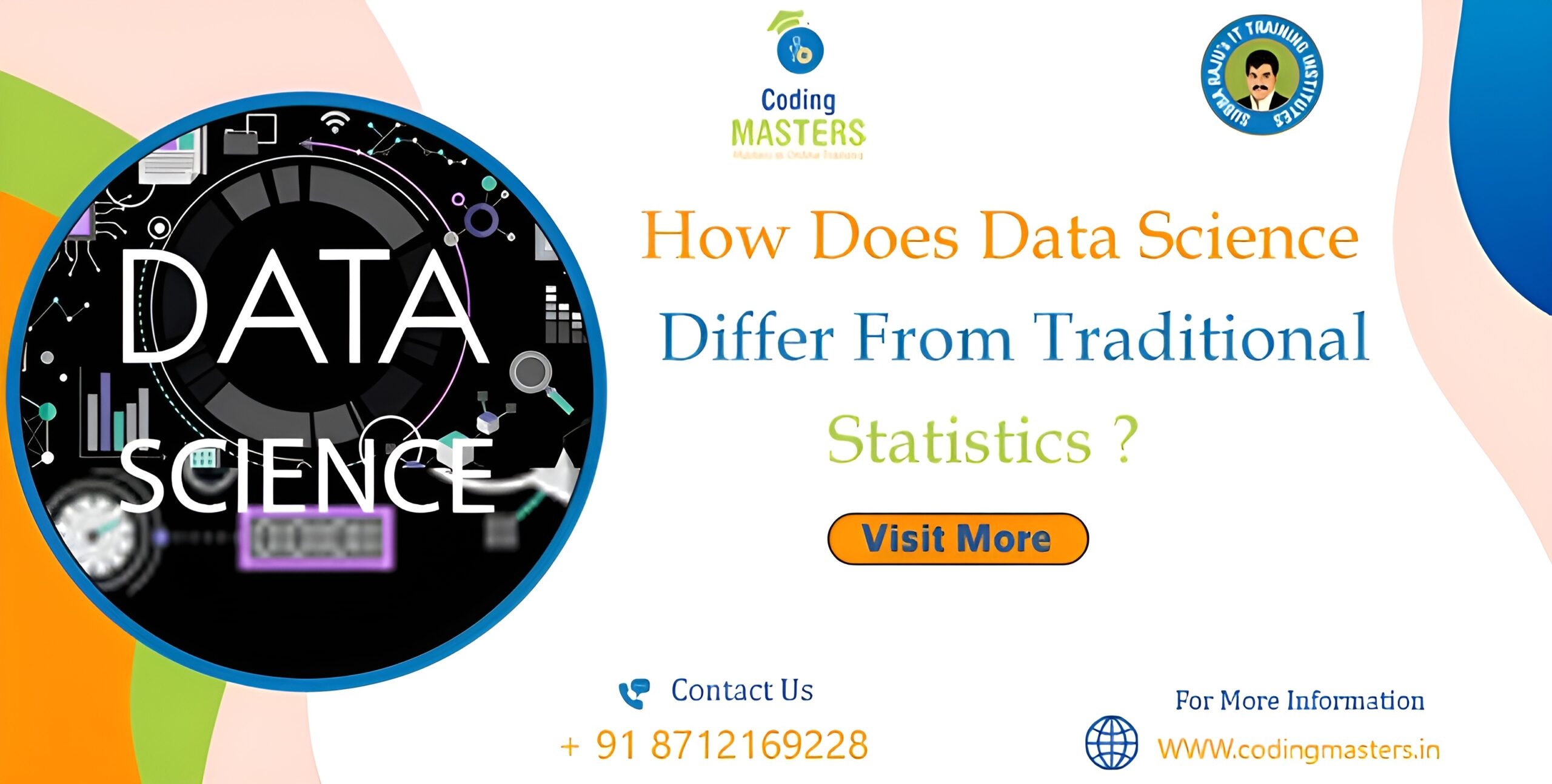What Are the key Skills Needed for a Data Scientist?

Key Skills for a Successful Data Scientist Career
Data science has emerged as a critical field in today’s data-driven world, with companies relying heavily on data insights to make informed decisions. Aspiring data scientists must develop a diverse skill set to excel in this dynamic and challenging role. Here are the key skills needed for a successful data scientist career.
- Programming Skills: Proficiency in programming languages such as Python, R, and SQL is essential for data scientists. These languages are commonly used for data manipulation, analysis, and visualization tasks.
- Statistical Knowledge: Data scientists should have a strong foundation in statistics, including probability theory, hypothesis testing, and regression analysis. Statistical knowledge is crucial for understanding data distributions and making accurate predictions.
- Machine Learning Techniques: Familiarity with machine learning algorithms and techniques is vital for data scientists. This includes supervised learning (e.g., classification, regression), unsupervised learning (e.g., clustering, dimensionality reduction), and deep learning methods.
- Data Wrangling: Data scientists must be skilled in data wrangling, which involves cleaning, transforming, and preprocessing raw data into a format suitable for analysis. This includes handling missing values, outlier detection, and feature engineering.
- Data Visualization: The ability to create meaningful and insightful data visualizations is a key skill for data scientists. Tools like Matplotlib, Seaborn, and Tableau are commonly used to visualize data and communicate findings effectively.
- Big Data Technologies: As data volumes continue to grow, familiarity with big data technologies such as Hadoop, Spark, and NoSQL databases is beneficial for data scientists working with large-scale datasets.
- Domain Knowledge: Data scientists should possess domain knowledge in the industry they work in (e.g., healthcare, finance, e-commerce). Understanding domain-specific challenges and trends helps data scientists derive relevant insights from data.
- Problem-Solving Skills: Data scientists need strong problem-solving abilities to tackle complex data challenges, formulate data-driven hypotheses, and develop innovative solutions that address business needs.
- Communication Skills: Effective communication is crucial for data scientists to convey their findings and insights to non-technical stakeholders. This includes writing clear reports, creating compelling visualizations, and presenting findings in a comprehensible manner.
- Continuous Learning: The field of data science is constantly evolving, with new techniques, tools, and technologies emerging regularly. Data scientists should have a passion for continuous learning and staying updated with the latest developments in the field.
conclusion: mastering the key skills required for a successful data scientist is pivotal for establishing a rewarding career in data science. By dedicating time and effort to developing programming proficiency, statistical knowledge, machine learning expertise, data wrangling capabilities, data visualization skills, and domain understanding, aspiring data scientists can position themselves as valuable assets in the data-driven landscape.




